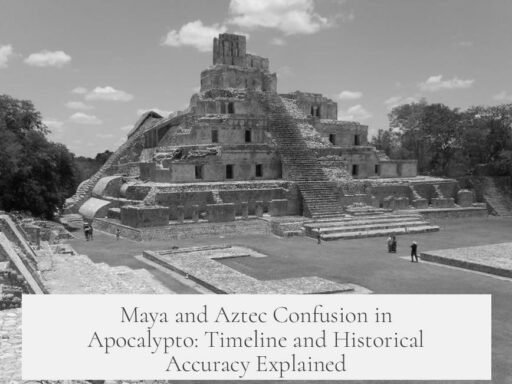The Spartan stand at Thermopylae did not change the immediate strategic outcome of the Persian invasion, as the Persians won the battle and gained access to Attica. However, the stand had important effects that influenced the eventual Greek victory.
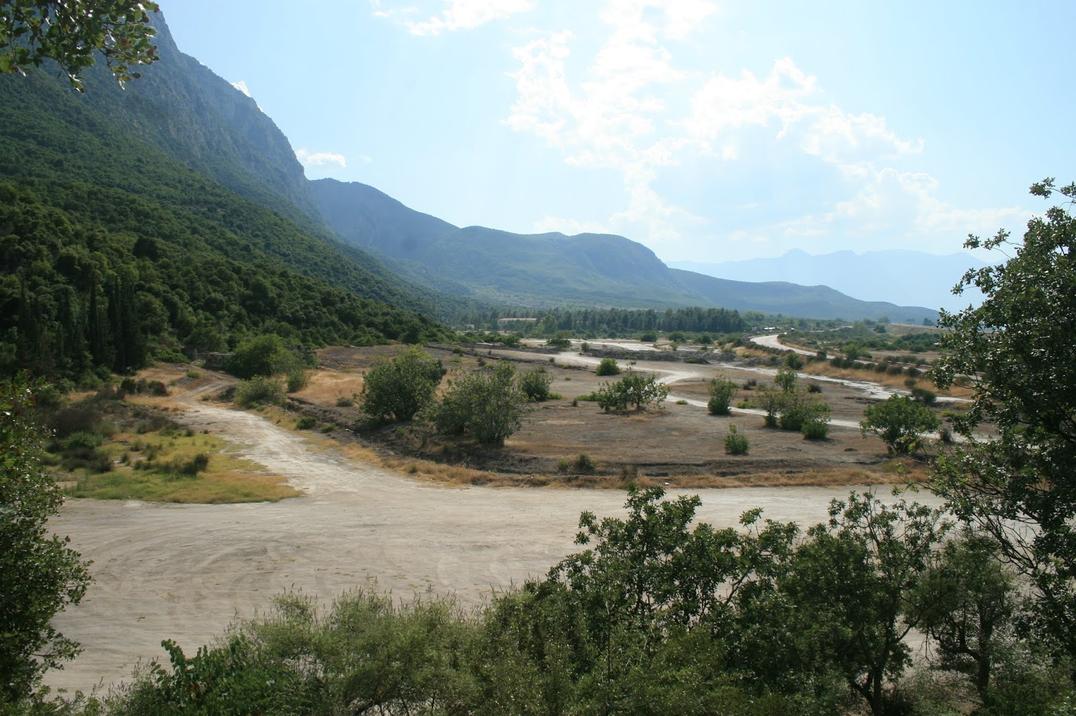
The battle at Thermopylae ended in a clear Persian victory. The Persian forces broke through the Greek defenses after two to three days of resistance. This breakthrough allowed the Persians to advance through Greece, sack Athens, and inflict significant damage. By this measure, holding Thermopylae delayed the Persian invasion only briefly and did not prevent their success in mainland Greece.
Despite this, the Spartan-led defense had several significant outcomes that benefited the Greeks in the longer term:
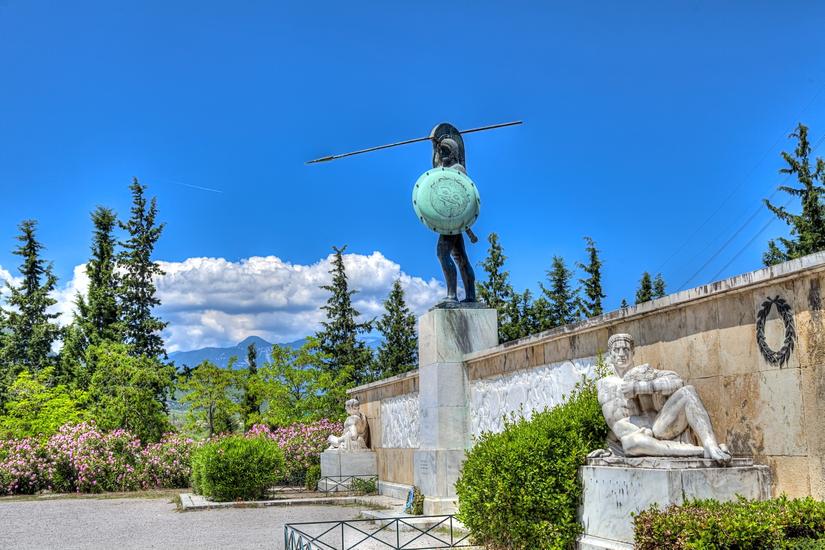
- Validation of Strategy: The stand demonstrated that narrow terrain could neutralize the significantly larger Persian force. This showed that the Greeks could use geography defensively to offset Persian numerical superiority. It encouraged the Greeks to fortify the Isthmus of Corinth, a key choke point on the Peloponnese, strengthening their strategic position. It also underscored their naval capability to block Persian fleets, setting the stage for the crucial naval battle at Salamis, where the Persian fleet was decisively defeated.
- Preservation of Greek Forces: The battle served as a rear-guard action, allowing the majority of the Greek army to withdraw in good order. Instead of being trapped or destroyed, the surviving Greek forces regrouped and fought effectively in subsequent engagements. This distinction between a tactical defeat and a strategic disaster helped maintain Greek military effectiveness.
- Morale and Psychological Impact: The courage and determination shown by the Spartans and their allies provided a powerful morale boost across Greece. While difficult to measure precisely, this psychological effect strengthened Greek resolve. Knowing that they could put up serious resistance against the large Persian army fostered unity and confidence. It reassured Greek soldiers that they could engage and survive against overwhelming odds, helping prevent panic or despair during the rest of the campaign.
The tangible impact of the Thermopylae stand lies not in delaying or defeating the Persians outright but in enabling the Greeks to recover from their initial losses and mount an effective defense later. The Persian victory at Thermopylae was a strategic success for Xerxes’ invasion, but the Greek stand allowed for the eventual development of a winning strategy that combined land defense with naval superiority.
This combination is evident in how the Greeks later fortified key positions and decisively defeated the Persians at Salamis. The naval victory cut Persian supply lines, forcing their retreat and marking a turning point in the war. Without the lessons and consequences of Thermopylae, the Greeks might not have had the confidence or the preserved forces needed to implement this strategy.
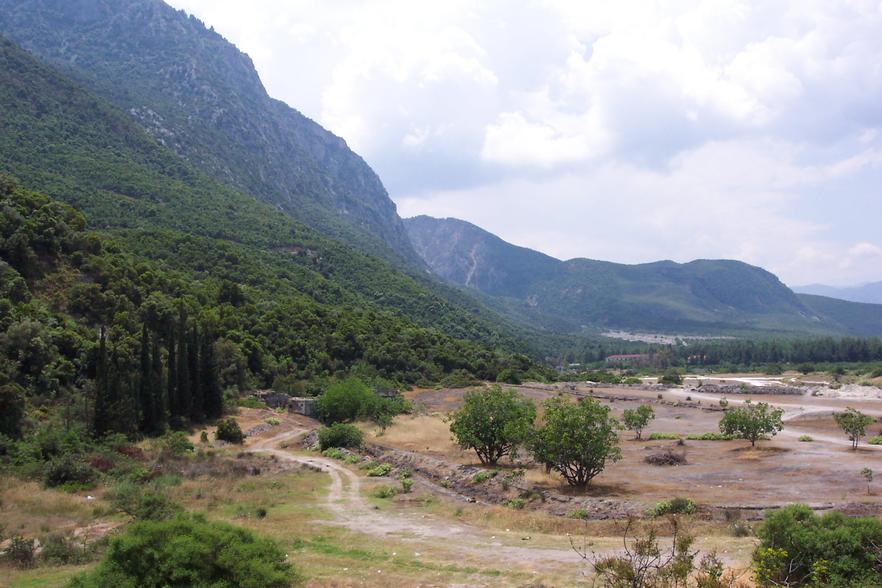
| Aspect | Effect |
|---|---|
| Immediate Battle Outcome | Persian victory; Greeks forced to retreat |
| Strategic Validation | Proved choke points and naval defense could counter Persians |
| Troop Preservation | Allowed Greek forces to regroup and fight later battles |
| Morale | Boosted Greek confidence and resistance morale |
| Long-Term Impact | Facilitated later Greek victories, especially Salamis |
The Spartan stand at Thermopylae was not a strategic defeat for the Persians but was a key moment that shaped subsequent Greek resistance. While it delayed the Persian advance by only days, the stand:
- Validated the use of terrain and naval power against a superior enemy
- Enabled Greek forces to disengage and preserve combat capabilities
- Strengthened Greek morale and unity against the invaders
- Laid groundwork for later successes at Salamis and Plataea that eventually ended the invasion
Thus, the Thermopylae defense changed the course of the campaign by influencing Greek strategy, not by halting the Persians directly.
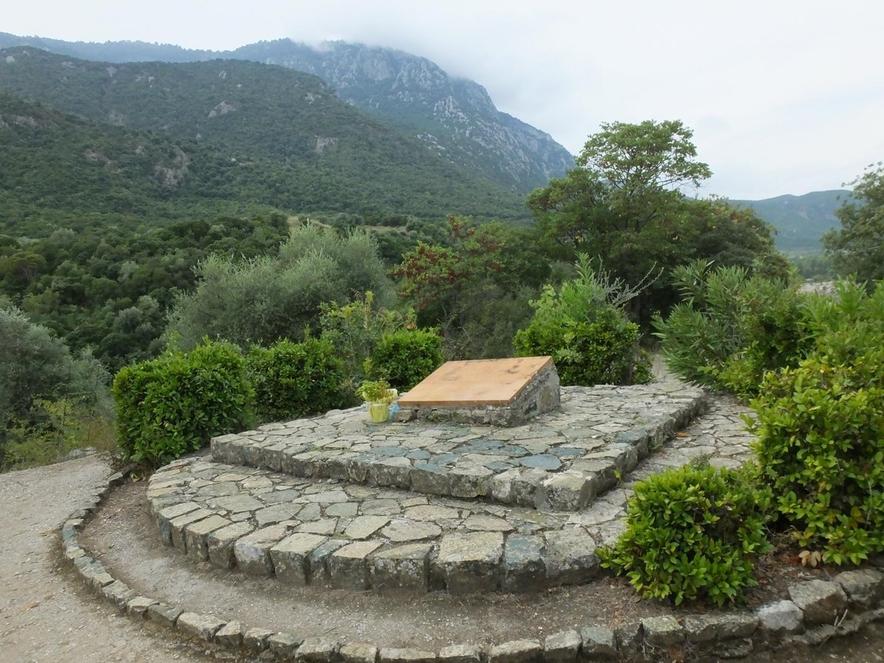
Did the Spartan Stand at Thermopylae Actually Change Anything? Unpacking the Real Impact
The Battle of Thermopylae—three hundred Spartans, a handful of allies, and a massive Persian force—is etched into history as a symbol of courage against overwhelming odds. But did their stand really change the course of history? The Spartan stand at Thermopylae, while not a victory in the traditional sense, profoundly influenced the Greeks’ later success against the Persians.
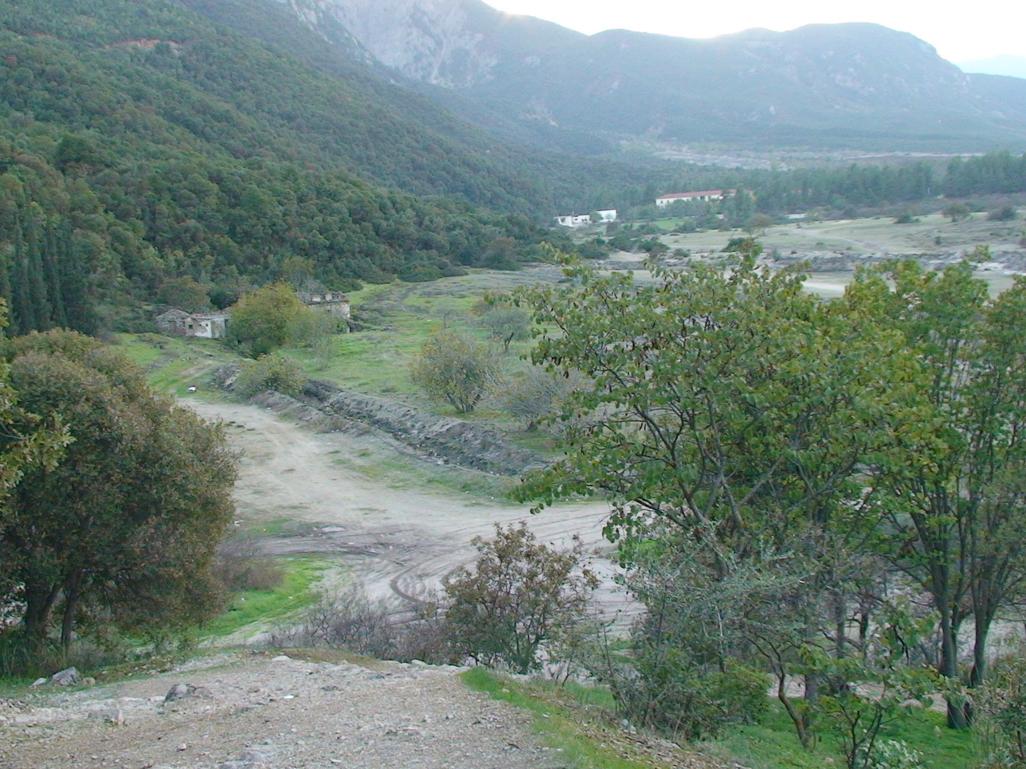
Let’s put aside Hollywood dramatics for a moment and dig into the facts. The Persians crushed the rear guard the Spartans defended and marched straight into Attica, destroying Athens with little resistance. So from a strategic viewpoint, this battle was a Persian win, plain and simple.
Thermopylae Was Not a Greek Victory (At First)

When you consider the Greek goal was to hold the narrow pass at Thermopylae and stop the Persian advance, the result was quite the opposite. The Persian war machine bypassed the Spartans after two or three days, marched into central Greece, and left a trail of destruction. Clearly, this was not the kind of victory the Greeks had hoped for.
But here’s where history demands nuance.
Thermopylae as a *Blueprint* for Success
Though the Persians won the battle, the Spartan stand gave the Greeks something invaluable: a proven strategy and confidence. These warriors proved that the Persians could be stopped in a narrow pass. This evidence was more than theoretical—it was action-tested; it shaped Greek military thinking moving forward.
The Greeks learned that controlling tight, defensible terrain like the Isthmus of Corinth could be key. They fortified this choke point as the Persian army approached the Peloponnese. Meanwhile, the Greek navy demonstrated it could block the Persian fleet from flanking this location. This tandem land-and-sea defense strategy laid the groundwork for a later decisive victory at Salamis.
So, the Spartan stand didn’t stop the Persians immediately, but it laid the strategic foundation that allowed the Greeks to fight smart. It changed the way the Greeks approached the crisis.
Saving the Greek Army: Timing Is Everything
Ever wonder why those couple of days mattered so much? The Spartans and their allies knowingly sacrificed themselves to allow the bulk of the Greek forces to retreat safely. This was a critical maneuver.
If the Persians had crushed all Greek forces at Thermopylae, there would have been little left to defend Greece in the following battles. The ability to disengage and regroup meant the Greek army didn’t face annihilation—rather, it preserved hope and capability.
This distinction is crucial: a strategic defeat can turn tactical losses into opportunities if forces survive intact. That’s exactly what happened here. The stand bought time and allowed the fight to go on.
Morale: The Invisible Weapon
Here’s where Thermopylae truly shines—not in maps or casualty figures but in the spirit it inspired.
The sight of a small Greek force standing toe-to-toe with the might of Persia stunned friend and foe alike. It sent a powerful message that these invaders weren’t unbeatable.
Morale is often undervalued but can decisively shape outcomes. Knowing they could face and even hold off an overwhelmingly large enemy lifted Greek spirits. It proved that courage and discipline could offset numeric disparity, at least for a while.
Imagine being a Greek soldier later in the campaign: stories of Thermopylae would boost confidence. The simple truth—”If Spartans can hold the line, so can we”—rallied the troops.
So, What’s the Bottom Line?
The Spartan stand at Thermopylae did make a difference, but not in the way many people expect.
- It was not a decisive military victory nor did it stop the Persian advance immediately.
- It delivered a tested strategy that the Greeks used to fortify their defenses successfully.
- It enabled the survival and retreat of most Greek forces, preserving their strength for future battles.
- It gave a tremendous morale boost that galvanized Greek unity and fight.
That **two or three extra days** didn’t break the Persian plan, but they allowed the Greeks to bounce back from defeat. Without Thermopylae, the later triumphs at Salamis and Plataea might never have happened.
Final Thoughts
The lesson? Sometimes the value of a battle lies not in immediate victory but in its ripple effects. The Spartans knew their stand was a sacrifice. That didn’t weaken their impact; it crystallized their legend and shaped the future.
Thermopylae reminds us that courage and sacrifice can alter history, even when the outcome on the battlefield isn’t a win. So next time you think “Did this change anything?” remember: sometimes changing the game means surviving to fight another day—and that’s exactly what the Spartans did.




